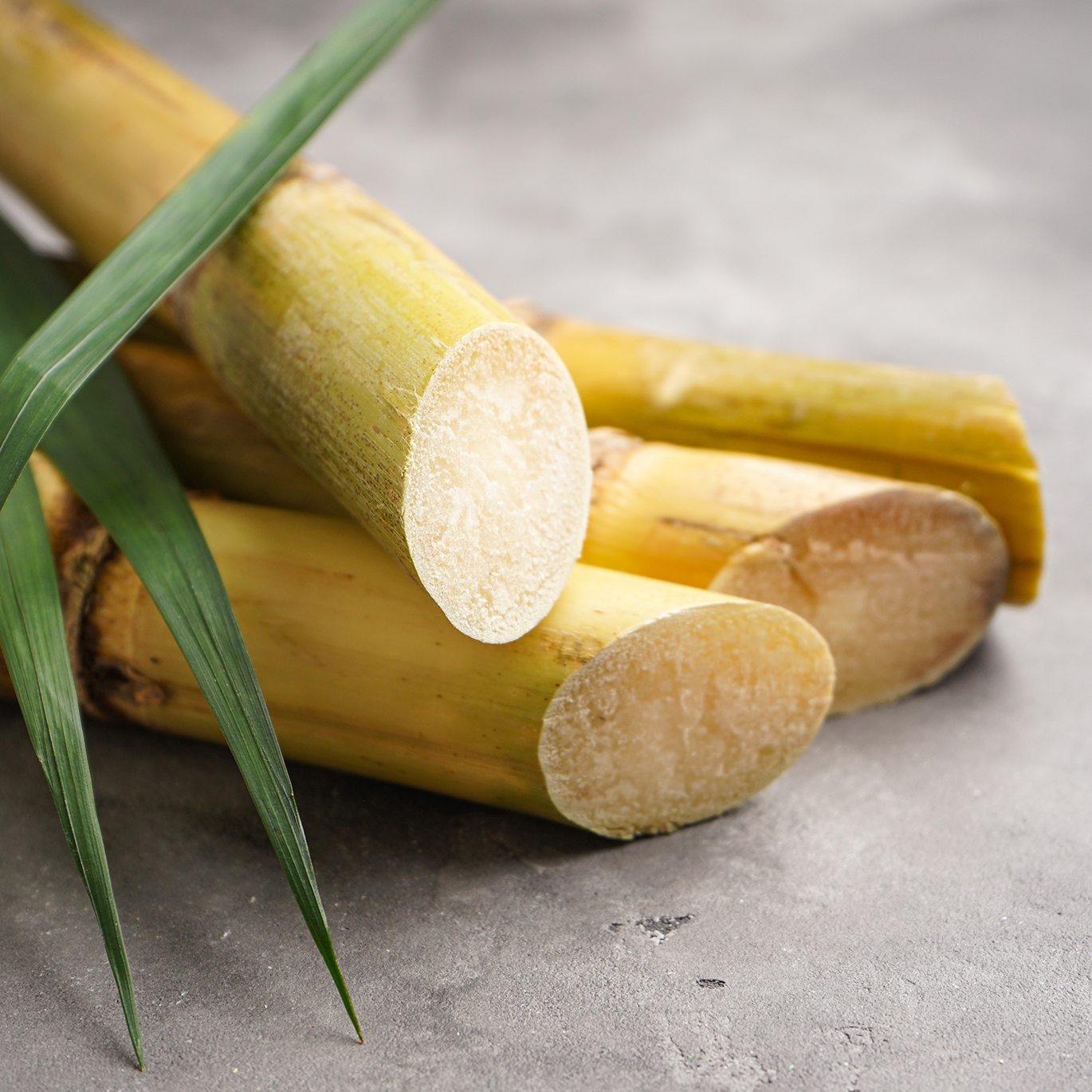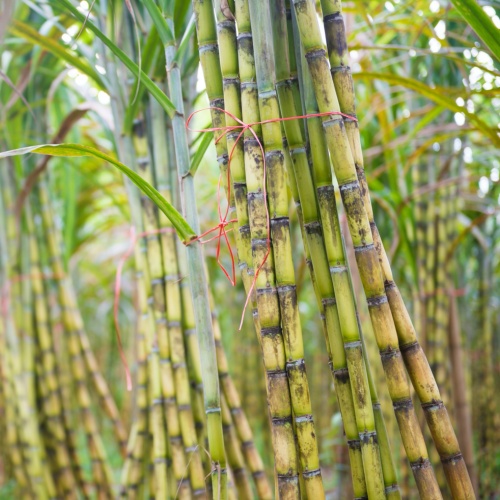Discover the Health Benefits of Sugar and Cane in Your Diet
Discover the Health Benefits of Sugar and Cane in Your Diet
Blog Article
Why Walking Cane Sugar Handling Chemicals Are Essential for Modern Sugar Refining
The function of walking cane sugar handling chemicals in contemporary sugar refining can not be overemphasized, as they are important to boosting both the effectiveness of extraction and the overall top quality of the last product. Representatives such as phosphoric acid and details flocculants are employed to get rid of contaminations, causing sugar that not only satisfies customer assumptions yet also complies with industry requirements. The implications of these chemicals prolong past top quality, touching upon market characteristics and environmental factors to consider. sugar and cane. This raises vital inquiries regarding the sustainability of such techniques and their influence on the future of sugar production.
Duty of Handling Chemicals
The efficacy of walking cane sugar handling hinges significantly on the strategic application of processing chemicals. These chemicals play a pivotal function in boosting the effectiveness and top quality of sugar extraction and refining. From the preliminary phases of juice extraction to the final filtration steps, processing chemicals promote numerous essential procedures.
In the removal phase, chemicals such as phosphoric acid and calcium hydroxide are employed to maximize the explanation procedure, assisting to eliminate pollutants and put on hold solids from the walking cane juice. This not just boosts the return yet also makes sure the clarity of the end product. Furthermore, agents like flocculants aid in the quick settling of impurities, thereby improving the general procedure.
As the processing developments, chemicals are used in decolorization and crystallization stages. Triggered carbon and ion exchange materials offer to eliminate color and smell, making sure that the refined sugar fulfills customer high quality criteria. Inevitably, the duty of processing chemicals prolongs beyond functional performance; they significantly influence the sensory attributes of the end product, adding to market competition. Hence, the meticulous selection and application of these chemicals are essential for attaining ideal end results in walking cane sugar handling.
Key Kinds of Chemicals
Walking stick sugar handling counts on a variety of essential chemicals that facilitate each stage of manufacturing. These chemicals play vital duties in clarifying, lightening, and cleansing the sugar removed from walking cane.
One main category of chemicals consists of flocculants, such as polyacrylamide, which help in the clarification procedure by promoting the aggregation and settling of contaminations. Furthermore, calcium hydroxide is commonly utilized to neutralize acidity and aid in the elimination of non-sugar elements.
Lightening representatives, such as activated carbon and sulfur dioxide, are made use of to decolorize the syrup, resulting in a more clear end product. These chemicals aid get rid of color compounds that may affect the sugar's look and marketability.
In addition, phosphoric acid offers as a pH regulator throughout the handling stages, guaranteeing optimum conditions for the enzymatic activities involved in sugar removal and filtration.
Various other vital representatives include edta (ethylenediaminetetraacetic acid), which chelates metal ions that can catalyze undesirable responses, and sodium hydroxide, which aids in pH control throughout the refining process. Jointly, these chemicals improve performance and make certain a premium cane sugar item.
Benefits for Sugar Top Quality
Often overlooked, using particular handling chemicals substantially improves the overall top quality of walking stick sugar. learn the facts here now These chemicals play a pivotal duty in refining processes, ensuring that the end product meets stringent sector requirements for purity and preference.

Additionally, refining chemicals aid in accomplishing a constant granulation and appearance, which are critical for customer acceptance. By controlling the crystallization procedure, these chemicals make sure that the sugar crystals form evenly, resulting in a much more enticing item that dissolves well in numerous applications.
In addition, using these chemicals can boost the life span of walking cane sugar by reducing wetness absorption and microbial growth. Generally, the calculated application of handling chemicals is necessary for providing top notch cane sugar that meets customer expectations and industry needs.
Environmental Influence Factors To Consider

In addition, the energy-intensive nature of sugar refining, worsened by chemical usage, often causes enhanced carbon discharges. This adds to climate adjustment and elevates problems pertaining to the sustainability of existing refining methods. Furthermore, the sourcing of these chemicals may include practices that endanger biodiversity, such as monoculture farming, which reduces the durability of farming environments.

To alleviate these influences, sugar refiners are significantly exploring sustainable options and adopting finest practices that lessen chemical use. Executing strenuous ecological monitoring systems can aid make sure that the refining procedure lines up with ecological requirements and advertises biodiversity. Inevitably, a balanced strategy that focuses on both sugar top quality and ecological stewardship is necessary for the long-lasting viability of the sugar sector.
Future Patterns in Refining
As the sugar industry faces the environmental challenges linked with standard refining techniques, cutting-edge approaches are arising to improve both performance and sustainability. One considerable pattern is the fostering of eco-friendly chemistry principles, which focus on making use of non-toxic, biodegradable handling chemicals. This change not just minimizes ecological effect however also addresses customer demand Visit Your URL for cleaner production approaches.
One more promising development is the implementation of advanced filtering innovations, such as membrane splitting up and adsorption procedures. These methods enhance the clarity and quality of the sugar while decreasing the quantity of wastewater created during refining. Additionally, the integration of electronic modern technologies, consisting of IoT and AI, is changing operational efficiency by enabling real-time tracking and anticipating upkeep, thus decreasing source waste.
In addition, making use of byproducts from sugar refining, such as bagasse and molasses, is acquiring traction. These materials can be exchanged biofuels or value-added items, contributing to a circular economic situation within the market. Collectively, these fads indicate a shift towards more sustainable practices that not only boost functional efficiency yet also align with worldwide sustainability goals, making sure the future stability of sugar refining.
Verdict
Cane sugar handling chemicals are important in modern sugar refining, substantially boosting the performance and top quality of sugar extraction. The tactical use these chemicals not only enhances the pureness and taste of the last product however likewise makes certain consistent formation and structure. As the sector progressively prioritizes sustainability, the adoption of environmentally-friendly handling agents is most likely to form future trends in refining, ultimately resulting in greater high quality items and prolonged service life for consumers.

Eventually, a balanced strategy that prioritizes both sugar top quality and environmental stewardship is important for the long-term stability of the sugar market.
Cane sugar handling chemicals are necessary in contemporary sugar refining, substantially boosting the effectiveness and top quality of sugar removal.
Report this page